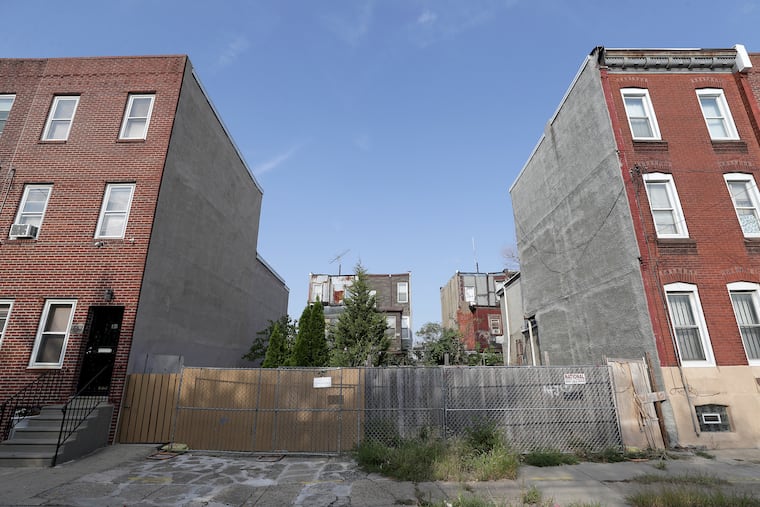Robbing Philly of its wealth | Editorial
The practice of keeping minorities away from real estate, the primary source of wealth for most people, is not new.

Sometimes, in order to change a situation, we have to change how we describe it. Based on that theory, it may be time to stop describing Philadelphia as the poorest big city in America and start describing it as the place where generations of people have been systematically robbed of their wealth.
That’s a logical conclusion on reviewing a few recent reports and legal developments that, combined, paint a picture of the wealth of our citizens slowly draining away, as if from a bathtub with a faulty plug — one that has been deliberately tampered with.
For example, a paper published in November by the Federal Reserve Bank of Philadelphia examined a practice of restrictive covenants — a tool used by developers, builders, and white homeowners in the early 20th century to prevent nonwhites from buying real estate in certain areas in the city. The bank examined property deeds from 1920-1932 and found thousands of instances of the then-legal practice of banning minorities from certain neighborhoods. Restrictive covenants were ruled legally unenforceable in 1948, but the practice has left an indelible footprint on the real estate map — and the wealth map — of the city.
Sadly, restrictions still remain in other forms. Last month, for example, the city settled a suit with Wells Fargo Bank for $10 million based on the bank’s predatory mortgage loan practices that singled out minority homeowners for more expensive and riskier mortgage loans than their white counterparts — a practice known as reverse redlining.
Wells Fargo is not the only bank — nor is Philadelphia’s the only settlement — that underscores how pervasive and long term the practice of keeping minorities away from real estate, the primary source of wealth for most people.
» READ MORE: Wells Fargo to pay Philly $10 million to resolve lawsuit alleging lending discrimination against minorities
Those efforts have been successful, considering that 80% of those below the poverty level in the city are not white, according to a recent Pew report.
The city was right to bring the Wells Fargo suit. But it also needs to step up its efforts to prevent yet another form of wealth-draining: houses stolen with forged deeds and faked documents. In a series of stories over the last year, Inquirer reporter Craig R. McCoy has shone a light on the practice of forging and faking documents in order to steal properties from their rightful, often absentee owners. The robbers are brazen in their ability to lie and forge, and to exploit people, especially in rapidly gentrifying neighborhoods. The practice is aided in part by city employees who are either overworked or don’t care, and lax policies that could be easily tightened. For example, there should be tougher reviews of documents where scammers try to pass their forgeries. The city could also do a better job of checking deeds with a database of the dead and require more stringent proof of identity. The practice of law enforcement declining to pursue individual cases of house theft should not be tolerated — every house stolen is another generation losing its wealth.
Poverty has many roots and causes, but many times, it’s created from a set of policies and practices that drain wealth from communities for generations, leaving them high and dry.